The Writer’s Life
Where did you grow up, how did this place influence you?
I grew up in Wimbledon, south-west London, and I don’t think it did influence me very much, because I had a happy childhood, and in my experience happiness doesn’t tend to provide easily identifiable `influences’.
Adolescence, however, was another matter. I was overweight, spotty, and generally obnoxious. I hated everything, and that included Wimbledon, which was then just starting to get a bit more upmarket, so everyone suddenly seemed to be very thin and sure of themselves and fashionably dressed.
That did influence me, enormously. For one thing, I stayed in and read everything I could lay my hands on. For another, I experienced at first hand what it’s like to feel lonely, unlovely and generally miserable, for what felt like a very long time. It all proved pretty helpful when I started writing novels.
If you could invite five people alive or dead to dinner, who would they be and what would you eat?
Charles Darwin, Gaius Valerius Catullus, Sir James Frazer, Anthony Trollope, and Jane Austen. I’d be far too intimidated to open my mouth, but I’d love to meet this lot, so what the hell. As for food – I definitely would not want to be responsible for the menu. Instead I’d take them all to the Ivy – and with any luck, Catullus would end up choosing for everyone.
Who are your favourite authors?
As you’ve probably guessed, Jane Austen and Anthony Trollope are high on the list. Also Kipling, Ray Bradbury, Keats, Henry James, and Edith Wharton. And I wouldn’t want to leave out Catullus or Propertius.
I’ve always loved the nineteenth century writers. They were so sharp and honest about human nature, and they really knew how to keep a reader hooked. I also relish the ghost stories of MR James and Sheridan Le Fanu. And I love Homer, but I have to be careful about when I read him, because if I approach the Iliad when I’m feeling less than confident, I end up asking myself why I ever bothered to pick up a pen.
Are you as bold in real life as you are in your writing?
I don’t think I’m anything like as bold in real life! I loathe confrontation, and tend to be much more of an observer than a participator. But I suppose one might say the same of a lot of writers.
How do you go about constructing your story lines? Do you know what will happen before you begin writing the first page or do things develop as you go along?
I’m a typical Virgoan, that is to say, extremely orderly, with a passion for planning and lists – so yes, I do spend a lot of time planning the story lines, once I’ve acquired a reasonable understanding of my characters, and done some basic research. Then I do more research, and more planning…Then I start writing the story. Often there will come a point when I have to change the plot because the characters are acting up… and so it goes on.
Did you conduct your research? What were your sources? Have you actually travelled to the places you describe in your books?
For the historical research, I find that the gold standard is the wonderful British Library, where you can unearth the most amazing contemporary sources if you know where to look. For example, for my first book Without Charity, I found the privately published memoirs of a British field surgeon from the Boer War, which contained a wonderfully vivid (and very funny) account of a small field hospital in the veldt, with lots of unexpected detail.
As regards what you might call the `location’ research, there’s no substitute for actually going there. For A Place in the Hills, this included a freezing week spent in a rented cottage in a tiny French Pyrenean village.
When did one book grow into the six books of Chronicles Of Ancient Darkness?
Almost immediately. I quickly realized that Torak’s story doesn’t end with WOLF BROTHER: that’s just the beginning. And in summer of 2003, during a heat-wave, I spent a wonderful week sitting in my small, overgrown garden, while the whole of CHRONICLES OF ANCIENT DARKNESS just unfolded before me. It felt as if it had always been there; as if I was merely discovering it. For a writer, that doesn’t happen very often, but when it does, it’s wonderful – and also slightly spooky.
How did you make the character of Wolf so real?
Since I was a child, I’ve always read everything I could find about wolves, so I know a fair bit about them. But to get to know Wolf, I had to get inside his mind: to see the world through his eyes, and more importantly, through his nose and ears! From the start I knew that when he first meets Torak, Wolf mistakes him for another wolf, because of the strip of wolf skin which Torak wears on his jerkin. With that in mind, I began to see how Wolf would perceive Torak, with his complicated forepaws and his furless underpelt – and his puzzling lack of a tail. From then on, I began to know Wolf better, and it went from there. Being in the forest in Finland helped a lot too, because while I was there, I spent some time trying to perceive it as he does.
Continued on page 3…
